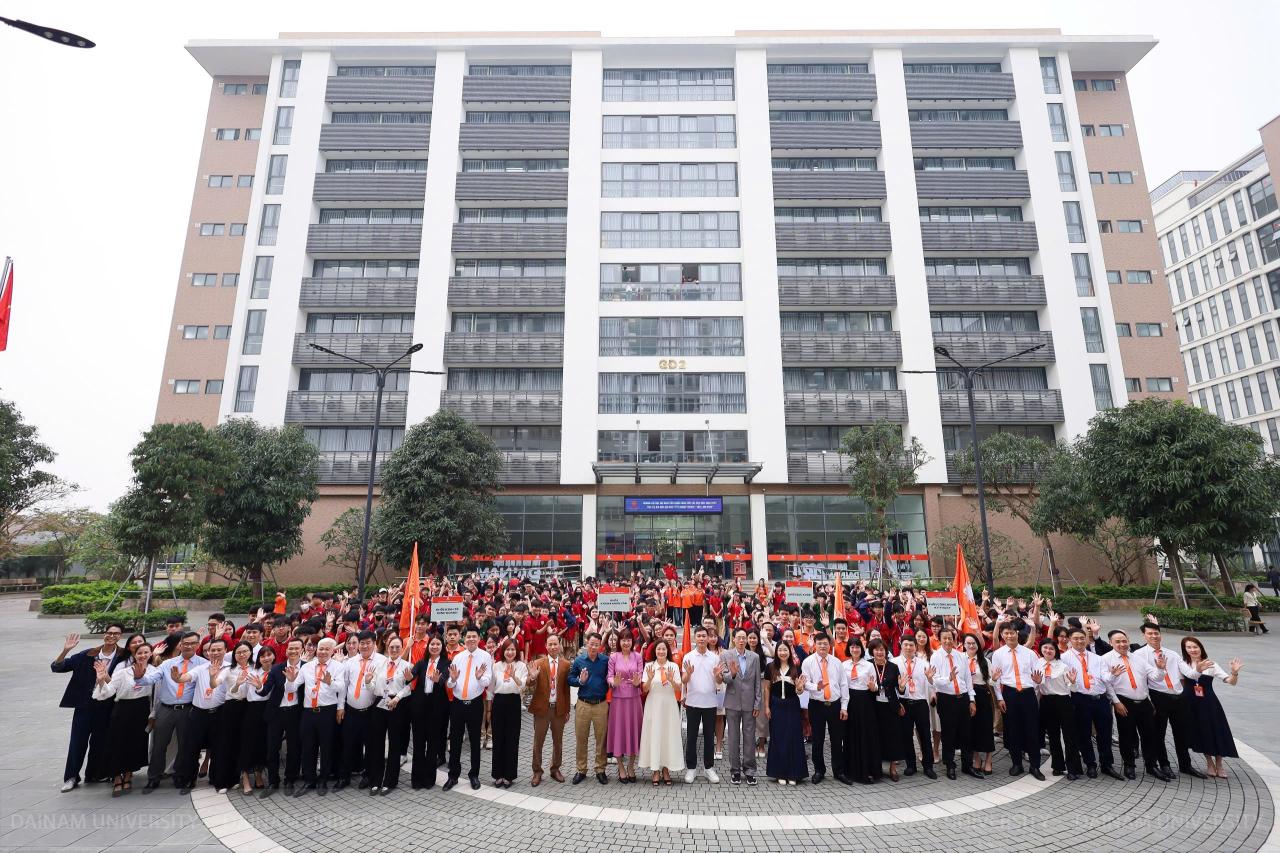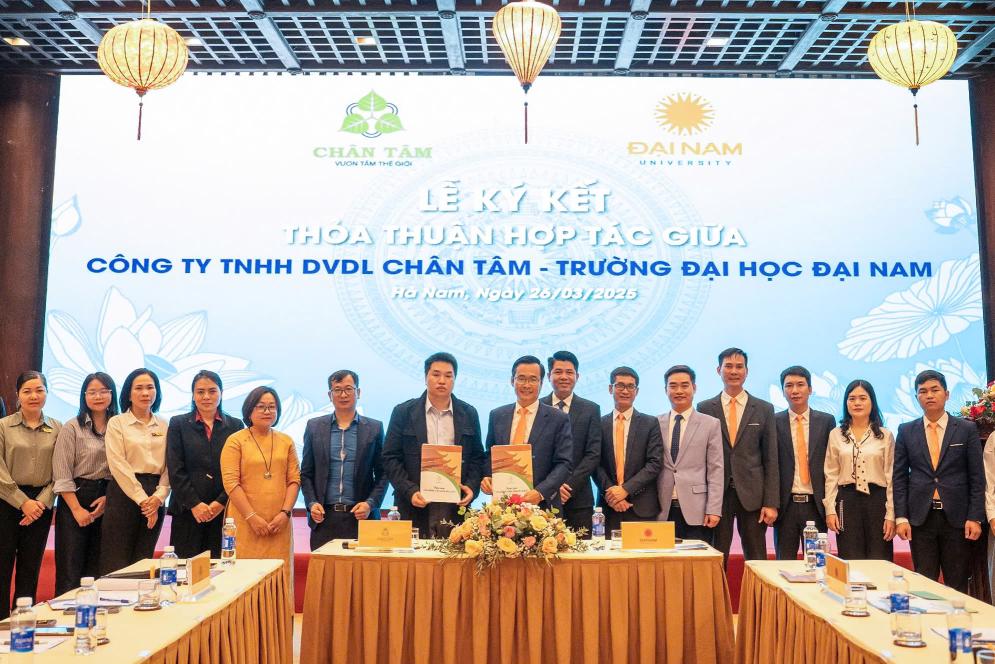How to learn specialized Chinese well?

Specialized Chinese includes many subjects with specific characteristics and a much deeper knowledge than language practice subjects. In fact, many students majoring in Chinese Language and Culture (CNL) at many domestic training institutions face difficulties such as lack of knowledge about politics, diplomacy, economics, trade, culture, etc.
Explaining the above situation, lecturers of the Chinese Language and Culture Department of Dai Nam University said that because they do not study specialized subjects well, students do not grasp specialized terminology and structures, do not have effective learning methods, have not found useful sources of documents for self-study, and have weak listening - speaking - reading - writing - translation skills.
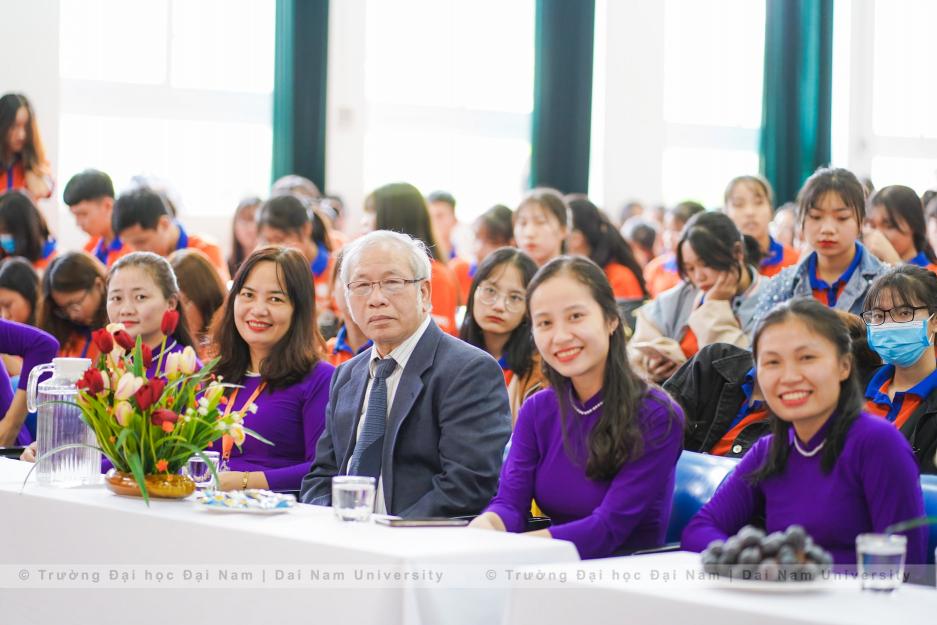
The team of teachers and lecturers of the Faculty of Chinese Language and Culture, Dai Nam University are always dedicated, enthusiastic and devoted to their students.
Below is advice from the Chinese Language and Culture Department of Dai Nam University for students of the Chinese Language Department to have better learning methods for specialized Chinese subjects!
Master knowledge, skills & have good learning attitude
At the Faculty of Chinese Language and Culture, Dai Nam University, students are exposed early to specialized Chinese subjects such as Business Chinese, Translation Practice, Translation Skills, Interpretation Skills from the 3rd year onwards...
To study these subjects well, according to the teachers of the Chinese Language and Culture Department of Dai Nam University, the most important thing is that students need to have a diligent, proactive learning attitude, actively interacting with lecturers and classmates. Diligence means that students need to attend all classes to not miss the key knowledge that lecturers convey and summarize, and complete all individual and group exercises. Being proactive and active in learning means that students need to explore, research and expand their knowledge, proactively ask teachers about things they do not understand (especially terminology and sentence structure), boldly present their opinions in class, etc.

In terms of knowledge, students need to have a good foundation of language knowledge to be able to acquire specialized knowledge, so if they find themselves making basic grammatical and word usage mistakes, they need to supplement, look up, and relearn that knowledge to be sure.
In terms of skills, students need to be equipped with good listening, speaking, reading, writing, and translation skills. These skills must be regularly practiced throughout the time studying specialized subjects. Students also need to have good communication skills, office skills, and document search skills.
Build an effective & long-term learning strategy
For each subject of the Chinese Language and Culture Department of Dai Nam University, students need to develop an effective learning strategy, specifically as follows:
1/ Business Chinese
- For the subject of Business Chinese, right from the first lessons, students need to set a goal: to have a firm grasp of specialized knowledge and be able to apply it in practice. They should study according to the following topics: meetings, fairs, prices, delivery, payment, transportation, customs, insurance, advertising, China's foreign trade policy... Each topic requires understanding vocabulary, sentence structure, and expressions in each context.

- As for vocabulary, you need to study carefully and constantly improve economic and commercial terminology. When studying terminology, you need to understand the concept clearly. You should look up both Vietnamese and Chinese, even English to understand the nature of the problem. For example: CIF price, FOB,...
- Take notes of commonly used sentence structures in economics and commerce. Focus on practicing business communication. You can form study groups to practice and reenact business conversations in the textbook. After each lesson, summarize the main content of the lesson.
- Practice writing and translating business correspondence and commercial contracts: letters of introduction, order letters, conciliation letters, sales contracts, lease contracts...
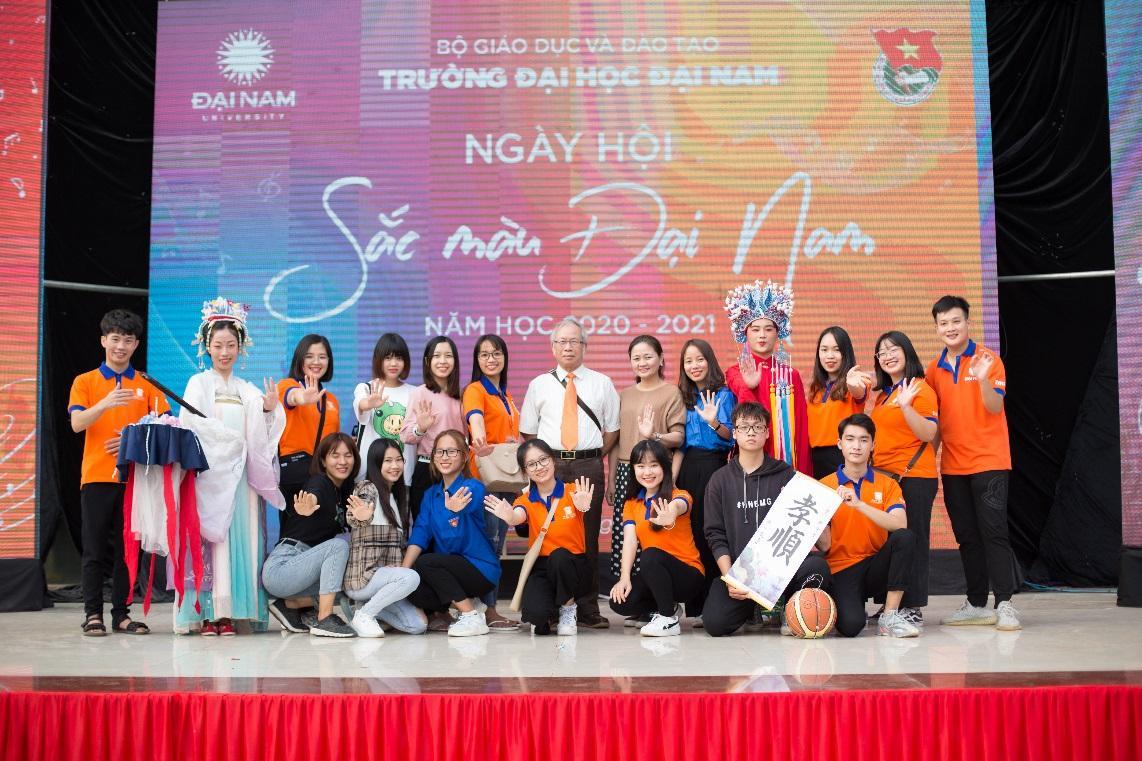
- Supplement your industry knowledge by watching and reading a lot about the economic and trade sector, especially the bilateral trade relations between Vietnam and China, outstanding economic and trade achievements as well as hot issues of the two countries' economies and the world economy. Update and make a habit of listening to Chinese news on channels CCTV2 (Financial Channel), CCTV13 (News), youtube... Or follow the news on official news sites such as: http://www.xinhuanet.com/ , http://www.people.com.cn/ ,... and Vietnamese news sites.
- Focus on practice: actively participate in internships early to be able to apply learned knowledge into practice. During the working process, it is necessary to pay attention to observing and recording practical knowledge, trade negotiation processes, import-export procedures... At the same time, compare with learned knowledge to have a more comprehensive and updated view.
- Proactively learn about customs procedures and details of the trade negotiation process. Actively learn about the differences in Chinese and Vietnamese business cultures to have appropriate behavior.
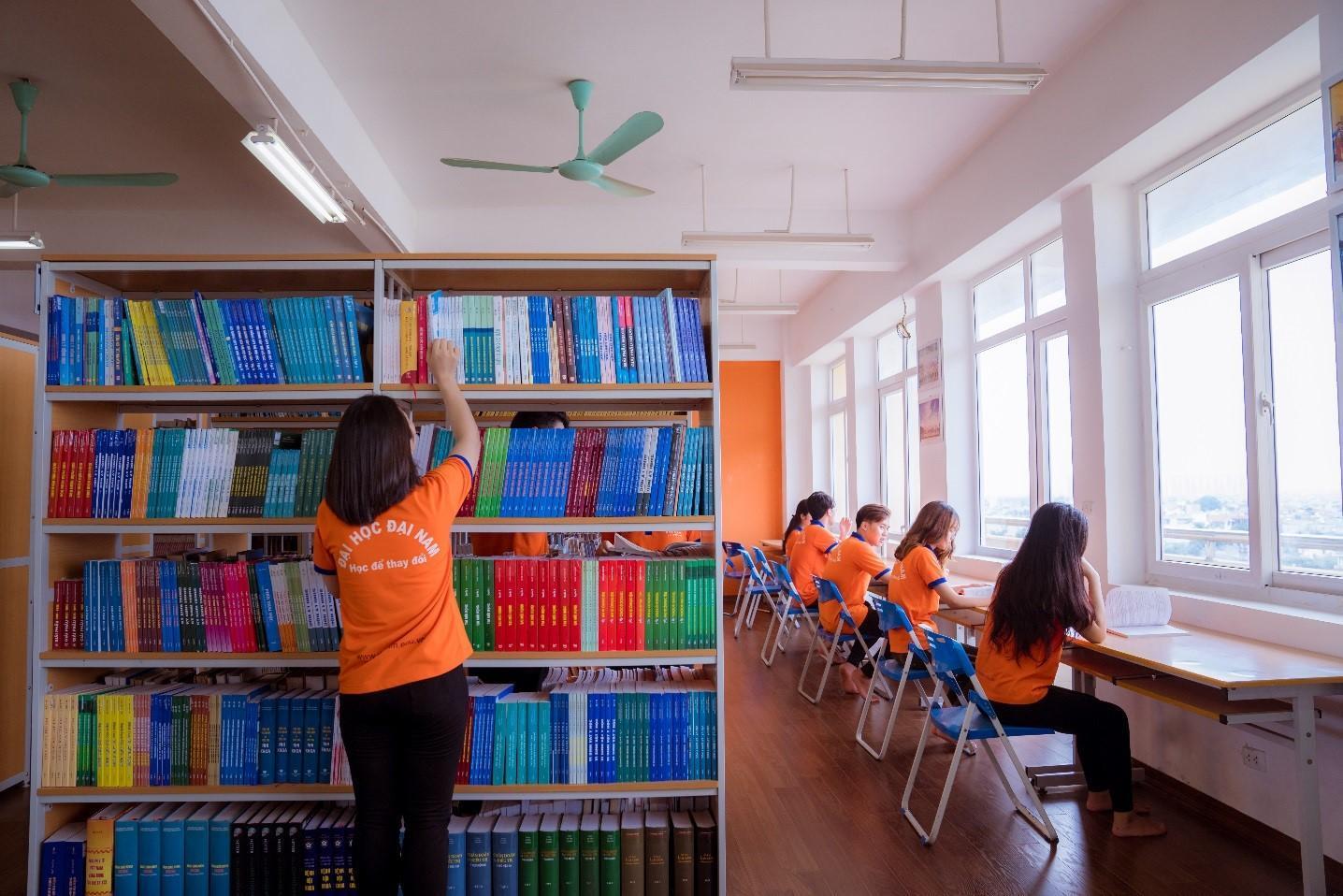
2/ Subjects: Translation Practice, Translation Skills, Interpretation Skills
- For Translation subjects, before going to class, you need to complete your homework and prepare your lessons well. Pay special attention: when translating, translate yourself and do not rely on Google Translate and translation apps. Only then can you develop translation skills, lookup skills, and accumulate vocabulary and sentence structures for yourself.
- During class, Chinese language students should actively interact with teachers, boldly submit their translations to receive comments, corrections, and analysis of errors... From there, they can find the right and good translation method, and at the same time, remember to gain experience for the next translation.
- It is necessary to practice translating many different types of texts: news, letters, administrative documents, literature... For each type of text, it is necessary to grasp the style, structure, specific vocabulary and differences so that when translating, one can choose the appropriate expression and style.
- In the process of learning translation, news translation is an extremely important area, in which the premise for correct translation, good translation is that the translator needs to understand the content of the news accurately. To do that, students need to increase listening to Chinese news and reading Chinese newspapers. During the listening and reading process, they must take notes of new words and structures. In Chinese news, there are often complex adverbial structures, long sentences and abbreviations, words that are typical of written texts, it is necessary to cultivate reading comprehension skills and knowledge of Chinese grammar and vocabulary to understand the content of the sentence correctly.
- To translate well, it is necessary to cultivate reading comprehension skills, analyze the main components of a sentence (subject, predicate, object) and secondary components (adverbs, modifiers, and complements), thereby finding the main flow and understanding the meaning of the sentence. If you identify the wrong components of a sentence, you will misunderstand, which will lead to incorrect or incomplete translation.
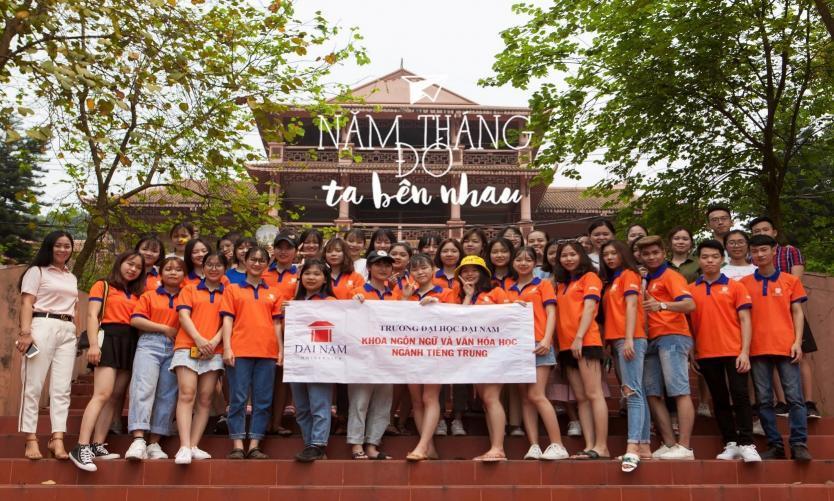
- Take notes of common structures in journalism and translate forward and backward to master each structure. At the same time, you need to diligently look up and take notes of difficult translation points: how to translate foreign words, how to translate long sentences, how to translate idioms...
- Enriching knowledge about the economy, culture, politics, and society of Vietnam, China, and the world helps translators improve their vocabulary and practical knowledge, and helps them become more confident and able to more accurately evaluate their own translations as well as those of others.
- You can practice translating forward and backward on the following topics: Vietnam - China friendship, foreign policies of Vietnam and China, outstanding issues of politics, economy, culture of the two countries as well as the world.
- Understand the steps of translation: reading, analyzing, translating, researching and revising the translation. After translating, it is necessary to review to correct mistranslations and supplement missing translations.
- In addition, in interpreting, Chinese language students need to practice listening comprehension skills, memorization skills, summarization skills, shorthand skills, communication skills and situation handling skills...
Above are some tips to learn Chinese subjects well from the lecturers of the Faculty of Chinese Language and Culture, Dai Nam University. Hopefully, after this article, students of Chinese Language and Culture will "draw" for themselves effective and suitable learning methods.
METHODS OF ADMISSION TO CHINESE LANGUAGE FACULTY AT DAI NAM UNIVERSITY
Method 1 considers high school graduation exam scores: admission score according to quality assurance threshold. (In 2020, the standard score for Chinese Language major is 15 points).
Method 2 : consider high school transcripts: consider 3 subjects according to the 12th grade admission combination, score to receive application from 18 points.
Application form:
- Notarized photocopied transcript
- Photo of ID card/ CCCD
- Notarized photocopy of temporary graduation certificate (for candidates graduating in 2021) or notarized photocopy of high school diploma (for candidates graduating from 2020 or earlier).
>>> REGISTER FOR ONLINE ADMISSION HERE
Faculty of Chinese Language and Culture



